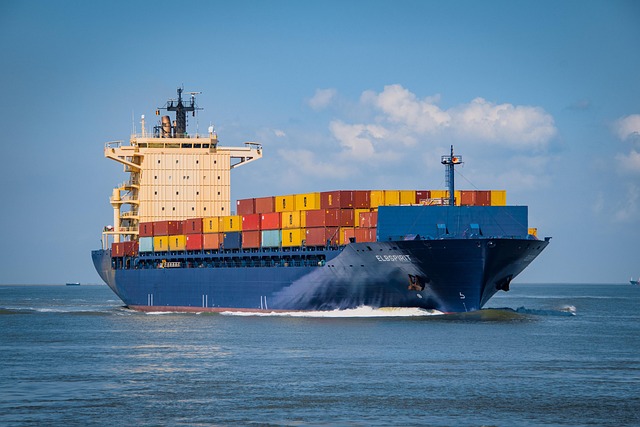Title: Navigating the Complexities of Admiralty Law
Introduction: Maritime law, also known as admiralty law, governs the intricate world of oceanic commerce and navigation. This specialized legal field addresses a wide range of issues, from shipwrecks and maritime accidents to international trade disputes and environmental regulations. As global trade continues to expand and ocean-based industries evolve, understanding the nuances of admiralty law becomes increasingly crucial for businesses, governments, and individuals alike.

In the United States, admiralty law has a unique constitutional basis. Article III, Section 2 of the U.S. Constitution explicitly grants federal courts jurisdiction over admiralty and maritime cases. This federal jurisdiction has allowed for the development of a uniform body of maritime law that applies consistently across all U.S. waters and ports.
Key Principles and Concepts
Admiralty law encompasses a broad range of legal principles and concepts unique to maritime affairs. One fundamental concept is the doctrine of general average, which requires all parties involved in a maritime venture to share proportionally in losses incurred for the common good. This principle dates back to ancient times and continues to play a crucial role in modern maritime commerce.
Another critical aspect of admiralty law is the concept of salvage. When a vessel or its cargo is in peril, those who voluntarily assist in saving the property are entitled to a salvage award. This principle incentivizes rescue efforts and has been instrumental in saving countless lives and valuable cargo throughout maritime history.
International Conventions and Treaties
The global nature of maritime commerce necessitates international cooperation and standardization. Numerous conventions and treaties have been established to address various aspects of admiralty law. The United Nations Convention on the Law of the Sea (UNCLOS), often referred to as the Constitution for the Oceans, is perhaps the most comprehensive international agreement governing maritime affairs.
Other significant conventions include the International Convention for the Safety of Life at Sea (SOLAS), which sets minimum safety standards for merchant ships, and the International Convention for the Prevention of Pollution from Ships (MARPOL), which aims to minimize marine pollution from vessels. These international agreements form the backbone of modern admiralty law and help ensure consistency in maritime practices across jurisdictions.
Admiralty Law in the Modern Era
As technology advances and new industries emerge, admiralty law continues to evolve. The rise of autonomous vessels, for instance, presents novel legal challenges regarding liability and regulatory compliance. Similarly, the growing offshore wind energy sector has prompted discussions about how traditional maritime law principles apply to these new installations.
Climate change and environmental concerns have also significantly impacted admiralty law. Increased regulation of emissions from ships, stricter rules on ballast water management, and the development of marine protected areas all reflect the growing importance of environmental considerations in maritime law.
Challenges and Future Directions
Despite its long history, admiralty law faces several challenges in the 21st century. The emergence of cyber threats to maritime infrastructure and vessels has necessitated new legal frameworks to address cybersecurity in the maritime domain. Additionally, the complex interplay between admiralty law and other legal fields, such as international trade law and environmental law, continues to create jurisdictional and interpretative challenges.
Looking ahead, the future of admiralty law will likely be shaped by technological advancements, environmental imperatives, and geopolitical shifts. As Arctic sea routes become more navigable due to climate change, for example, new legal questions arise regarding territorial waters, navigation rights, and resource exploitation in these regions.
Conclusion
Admiralty law remains a vital and dynamic field, adapting to the ever-changing landscape of maritime commerce and ocean governance. Its rich history and fundamental principles continue to guide the resolution of maritime disputes and shape international cooperation on the seas. As we navigate the complexities of global trade, environmental protection, and technological innovation, the importance of a robust and flexible system of admiralty law cannot be overstated. Understanding this specialized area of law is crucial not only for maritime professionals but for anyone interested in the intricate workings of our increasingly interconnected world.





